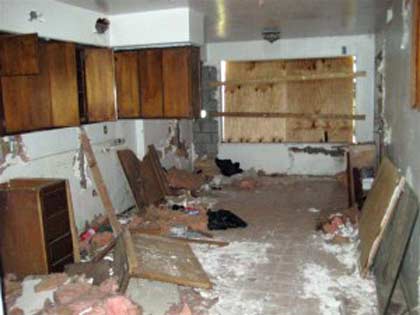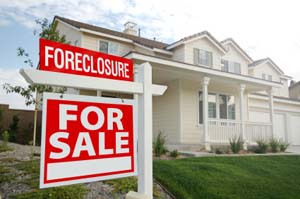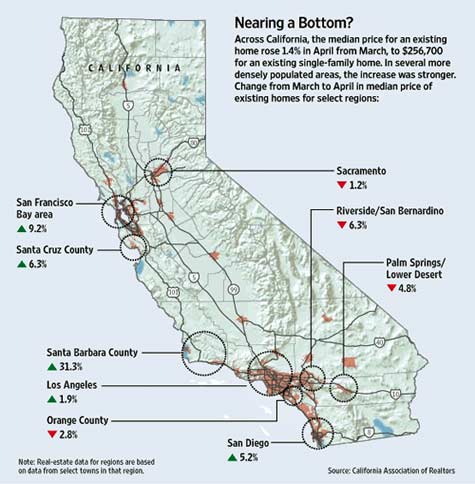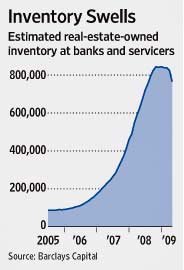
To make a long story short, if possible don’t leave your home vacant if you are trying to sell it. However, if you do have to vacate your home, here are some guidelines that will help you.
To begin with, if you leave your home vacant for thirty days, your homeowner’s insurance policy may expire or be cancelled. Check with your insurance agent to protect yourself. You know how Insurance companies are, they are notorious in finding ways not to pay on your insurance policy. Remember, it could be considered fraud if you leave your home vacant for a long period of time and then say you have occupied it if something happened to your home in your absence
• Have your real estate agent (like myself) advise you on how to make your house look occupied and have him check your house on a regular basis.
• Again if at all possible, don’t move out until you’ve sold the home. If you are one of a couple, consider staying behind, or living there occasionally until the home is sold.
• You can rent out the home. Not only will the home be lived in, the rent will help cover your carrying costs. You may still have to change your homeowners’ insurance policy to reflect the property’s new rental status — say to reduce your contents coverage — but it’ll be cheaper than vacant home insurance.. Of course, renting carries its own problems, making sure that you get a good tenant to start with. Then there is a law which states that you have to give the tenant 24 hours notice before you can show the home. This could result in a lost sale. Otherwise, hire a house-sitter or let someone you trust live there until it’s sold.
•If you must move out make the home look lived in. No matter what you do, you still have to keep the home maintained by cleaning the yard and gutters, trimming trees, clearing the gutters, checking for leaks, shoveling the sidewalks and driveway, and winterizing or summer-izing as necessary.
• A good way to protect your home if you must vacate, is to install a home security system that is monitored. Our local Beam Center provides excellent service and I have used their services for years.
• Give the lived-in look some redundancy. Have an acquaintance bring in mail (Security experts say to stop mail and other deliveries when you are away). Ask your neighbors to keep an eye on your home and to report any suspicious activities to the police. Ask a neighbor to park their car in the driveway. Install timers on lights and leave window coverings and some furniture in the home.







